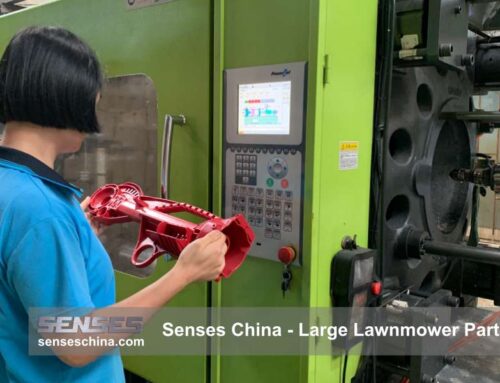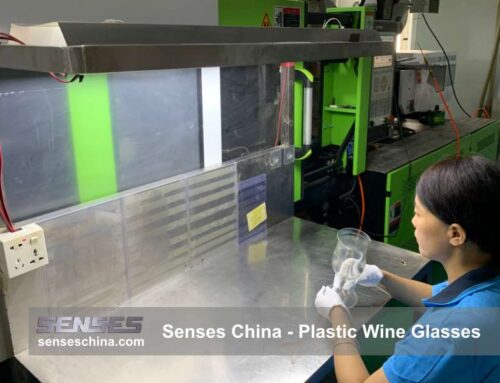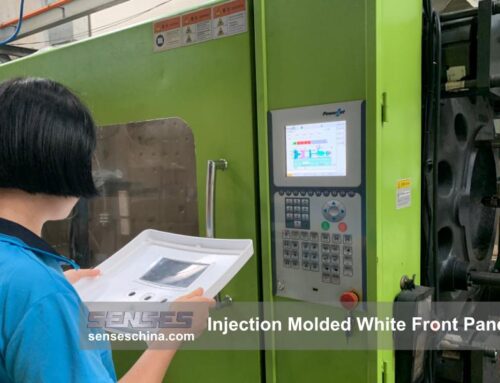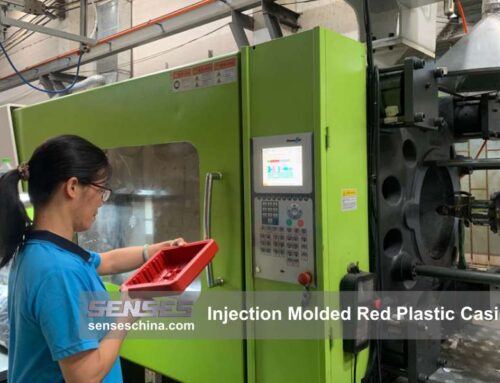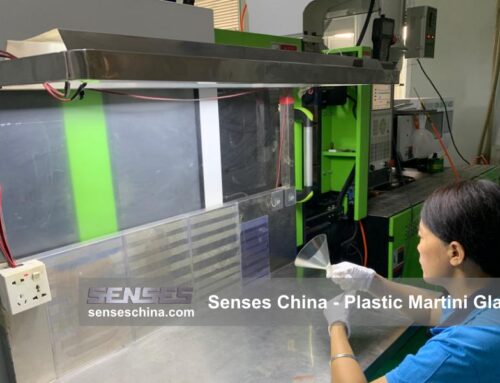Medical Injection Molding is a specialized manufacturing process that produces intricate and high-precision plastic components used in the medical industry. It’s a process that goes far beyond just creating parts; it saves lives, enhances patient care, and enables medical advancements. Behind the scenes, a remarkable manufacturing process plays a pivotal role in creating essential medical devices and components – Medical Injection Molding.
Medical Injection Molding the Advantages
1. Precision and Consistency
In the medical field, precision can be a matter of life and death. Medical injection molding offers unparalleled precision and consistency, ensuring that each component meets strict quality and safety standards.
2. Biocompatible Materials
The materials used in medical injection molding are carefully selected to be biocompatible, meaning they won’t adversely react with the human body. This is crucial for devices that come into direct contact with patients.
3. Cost-Effective Manufacturing
Contrary to the perception that precision equals high costs, medical injection molding often proves to be cost-effective. Efficient use of materials, reduced waste, and streamlined production processes contribute to its cost efficiency.
Medical injection molding has far-reaching applications
Medical Devices: It’s at the heart of producing vital devices such as syringes, catheters, and implantable components.
Diagnostic Equipment: The accuracy of diagnostic tools, like blood glucose meters and test kits, relies on precisely molded components.
Pharmaceutical Packaging: Medical injection molding is instrumental in creating sterile and tamper-evident packaging for pharmaceutical products.
Prosthetics and Orthopedics: Customized and high-strength components used in prosthetics and orthopedic devices are often created through this process.
Dental Care: From braces to dental implants, medical injection molding plays a significant role in improving oral health.
The Materials Used in Medical Injection Parts
In the realm of medical injection molding, the choice of materials is not merely a matter of preference; it’s a critical decision that directly impacts patient safety and device effectiveness. The materials used must be not only precise and durable but also biocompatible – meaning they interact safely with the human body.
Material Considerations for Ensuring Medical Device Safety:
Biocompatibility
Biocompatibility is the foremost consideration in medical plastic molding. The chosen material must not elicit adverse reactions when in contact with the human body. It should be tested and certified to comply with established biocompatibility standards to ensure patient safety.
Chemical Resistance
Medical devices often come into contact with various chemicals, including sterilization agents and medications. The selected material should exhibit resistance to these substances, preventing degradation or contamination of the device.
Strength and Durability
Medical components need to withstand the rigors of use and potential stresses during procedures. The material should offer the necessary strength and durability to ensure the device’s reliability.
Sterilization Compatibility
Effective sterilization is paramount in healthcare settings. The material must be compatible with various sterilization methods, such as autoclaving, ethylene oxide (EtO) sterilization, or gamma irradiation, without compromising its structural integrity.
Meeting FDA Requirements in Medical Component Manufacturing
Adherence to FDA requirements is paramount. These standards serve as the guiding light throughout the production process. The regulations pertaining to sterility and cleanliness are exceptionally rigorous and demand unwavering compliance.
Transparency or Radiopacity
Depending on the application, medical devices may require transparency for visibility (e.g., IV bags) or radiopacity for imaging purposes (e.g., catheters). Material selection should align with these specific requirements.
Cost-Efficiency
While patient safety is paramount, cost considerations are also crucial. Balancing the need for high-quality materials with cost-efficiency is a delicate but necessary aspect of material selection.
The Future of Healthcare Manufacturing
As healthcare needs continue to evolve, so does medical injection molding. Advances in materials, design, and 3D printing technologies are pushing the boundaries of what’s possible.
Trusted Medical Injection Parts Manufacturing
If you’re in search of a reputable medical injection parts manufacturer, look no further than Senses Injection Molding Services. As an ISO 9001 certified industry leader, Senses boasts a distinguished reputation in the realm of injection parts manufacturing, with extensive expertise in producing precision-engineered components, including those for medical applications.
At Senses, we offer custom injection molding services at competitive prices. We take pride in delivering not only high-quality products but also comprehensive reports detailing inspections and material tests. When it comes to medical injection parts, trust Senses for reliability and excellence.
Visit us today for in-depth information on our capabilities and services.

